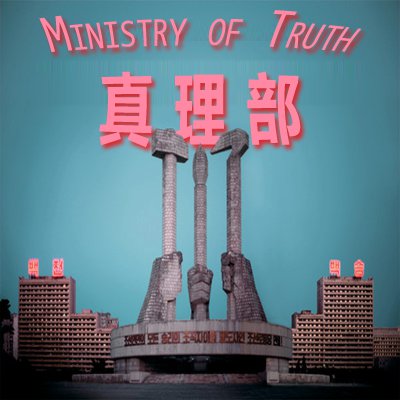The following censorship instructions, issued to the media by the Sichuan Propaganda Department, have been leaked and distributed online.
According to unified arrangements, this afternoon the Chengdu Bureau of Environmental Protection will invite journalists from the Sichuan Daily, Sichuan Online, and newssc.org to gather news on the Sichuan petrochemical industry (provincial and municipal television, and all other types of news media are temporarily asked not to participate). Please observe the following coverage notices:
- Journalists invited to participate should submit manuscripts to the Chengdu Bureau of Environmental Protection to undergo an audit.
- Drafts must strictly observe approvals, do not rush publication, do not use titles that lead to speculation or negative reactions. New media must not attach pictures.
- All media (including new media) not invited to participate in this round must postpone reports.
- Beginning this morning, all media reports (including those from subsidiaries, WeChat and Weibo accounts, and media apps) on winter smog and pollution must be strictly controlled. All reports must use Chengdu municipal or provincial Ministry of Environmental Protection official news releases. Do not independently gather information or pictures.
Please reply after receiving. Thank you. [Chinese]
The above censorship directions from the Sichuan Propaganda Department come as Chengdu and other cities in Sichuan have been in a “yellow alert” for air pollution for over a week. At the South China Morning Post, Frank Tang reported over the weekend that police in Chengdu had quashed a planned environmental protest by blockading access roads surrounding a public square:
Tianfu Square, the traffic and business hub of the city that is home to the famous panda breeding reserve, was empty on Saturday, when it would normally be bustling with tourists and local shoppers.
Staff at nearby restaurants told the South China Morning Post that local police had blockaded the main access roads to the square, not allowing cars or pedestrians to pass. Earlier in the day, multiple posts on social media had called for people to protest at the square, but the posts were quickly deleted on Weibo, China’s version of Twitter. The microblog operator issued a statement that the posts were “false rumours”.
[…] Chengdu, which has a population of 15 million, issued a yellow alert for air pollution on December 3, the second-lowest level in a four-tier system. The alert has remained in place for the past week and pictures of mask-wearing residents and visitors to the city have spread over China’s social networking sites, with many locals demanding an immediate solution. [Source]
Sixth Tone’s Lin Qiqing reports that a group of artists were detained for questioning after staging a sit-in near Chengdu’s city center:
On Sunday evening a group of artists were taken away by police after they staged a sit-in protest in the city center. Wearing pollution face masks, they sat in a row in a small plaza located on Chunxi Road that has a statue of Sun Yat-sen.
Li, an artist who participated in the sit-in but was not taken away by police, told Sixth Tone that officers first asked the artists to leave. An argument erupted between police and protesters after one artist refused to show identification or put away his phone. Officers then put eight of the protesters and two middle-aged women who were simply passers-by but had taken photos of the scene in a police vehicle and drove them away. Li did not want to reveal his full name because of the sensitivity of the issue.
An officer surnamed Huang from the Hejiangting police station, located close to where the sit-in happened, confirmed to Sixth Tone that several people had been rounded up and taken into custody around 9 p.m. on Sunday. As of Monday morning, all had been released, the officer said.
An article published Monday morning on Wall-art, a public account on messaging app WeChat with 700,000 followers that focuses on art, brought greater attention to the event. Though the protest only involved around a dozen people, one protester who wished to remain anonymous told Sixth Tone he was surprised by the scale of the reaction. […] [Source]
Sixth Tone reported earlier this month that an environmental activist has attempted to sue the government of Zhengzhou, Henan for the cost of a smog mask, saying “According to the Environmental Protection Law, local governments should be responsible for air quality, so I thought I could push the authorities to address the smog [via a lawsuit].” Last week, SCMP reported on a study showing that measures to temporarily clean up air pollution ahead of political events—a tactic that has been spreading across China—often compounds air quality deterioration in the long-term.
Responding to mounting public concerns over air pollution, China’s central authorities announced a “war on pollution” in 2014. Pollution has been a major policy issue, topping the agendas at both of the last two top political meetings in Beijing. Despite substantial policy efforts to combat urban pollution made by authorities in recent years, a five-year-plan outlining authorities’ goals to increase coal power capacity while scaling back previously stated goals on alternative energy development was released last month, worrying environmental activists.









